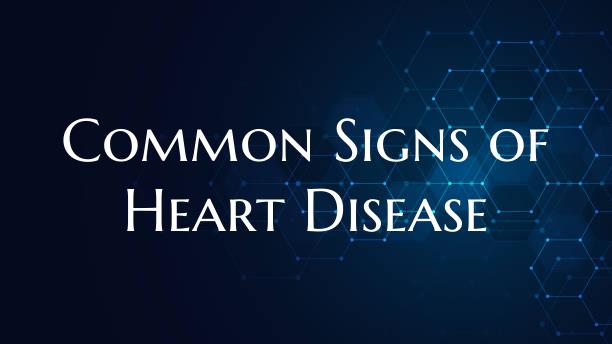
Common Signs of Heart Disease
Heart disease is a prevalent and serious health condition that affects millions of people worldwide. Recognizing the signs and symptoms of heart disease is crucial for early detection and timely intervention. Here are some common signs to watch out for:
1. Chest pain or discomfort: One of the most common symptoms of heart disease is chest pain or discomfort, often described as tightness, pressure, or a squeezing sensation in the chest.
2. Shortness of breath: Feeling breathless, especially during physical activity or even at rest, can be a sign of heart disease. This may also be accompanied by wheezing or a persistent cough.
3. Fatigue: Unexplained and persistent fatigue or weakness, even after adequate rest, can be a sign of heart problems. This may also manifest as feeling lightheaded or dizzy.
4. Swelling: Heart disease can cause fluid buildup in the body, leading to swelling in the legs, ankles, feet, or abdomen. This swelling, known as edema, may be accompanied by sudden weight gain.
5. Irregular heartbeat: Heart palpitations, fluttering, or a sensation of rapid or irregular heartbeat can indicate an underlying heart condition. Seek medical attention if you experience these symptoms frequently.
6. Dizziness or fainting: Feeling dizzy, lightheaded, or experiencing fainting spells can be a sign of decreased blood flow to the brain, which may be related to heart disease. These episodes should not be ignored.
7. Nausea and indigestion: Some people with heart disease may experience symptoms such as nausea, vomiting, indigestion, or stomach pain, which can be mistaken for other digestive issues.
It's important to note that the symptoms of heart disease can vary widely and may not always be obvious. If you experience any of these signs or have concerns about your heart health, consult a healthcare professional for a thorough evaluation and appropriate management. Remember, early detection and lifestyle modifications can help in managing heart disease effectively.